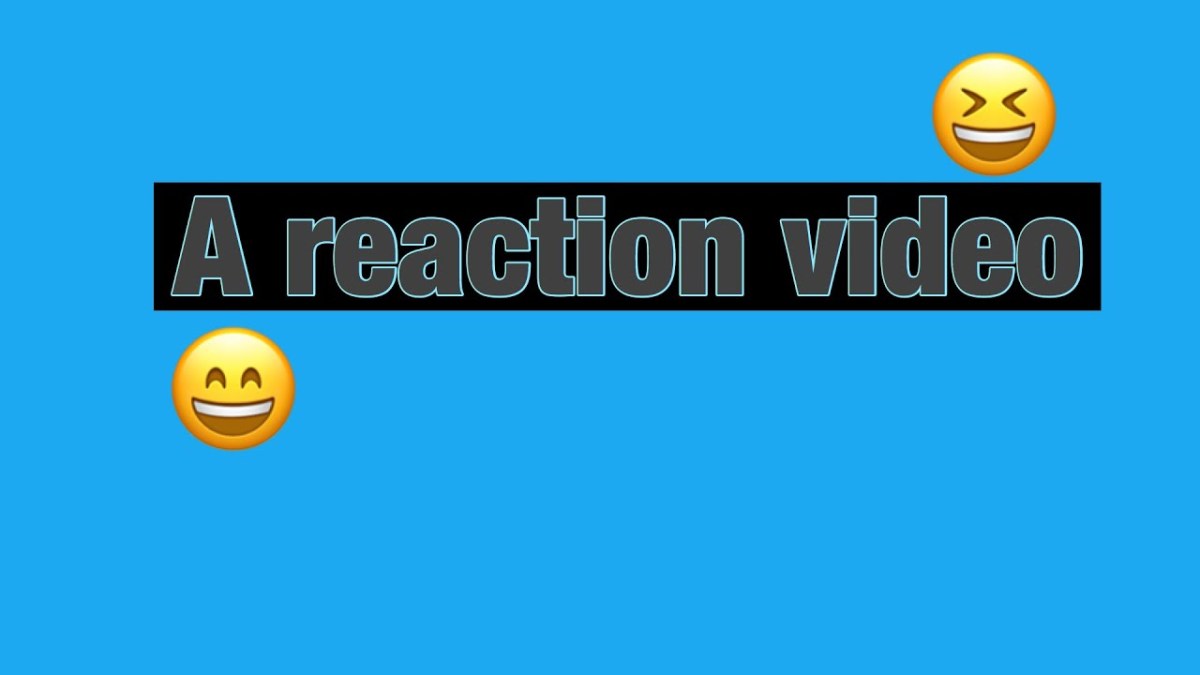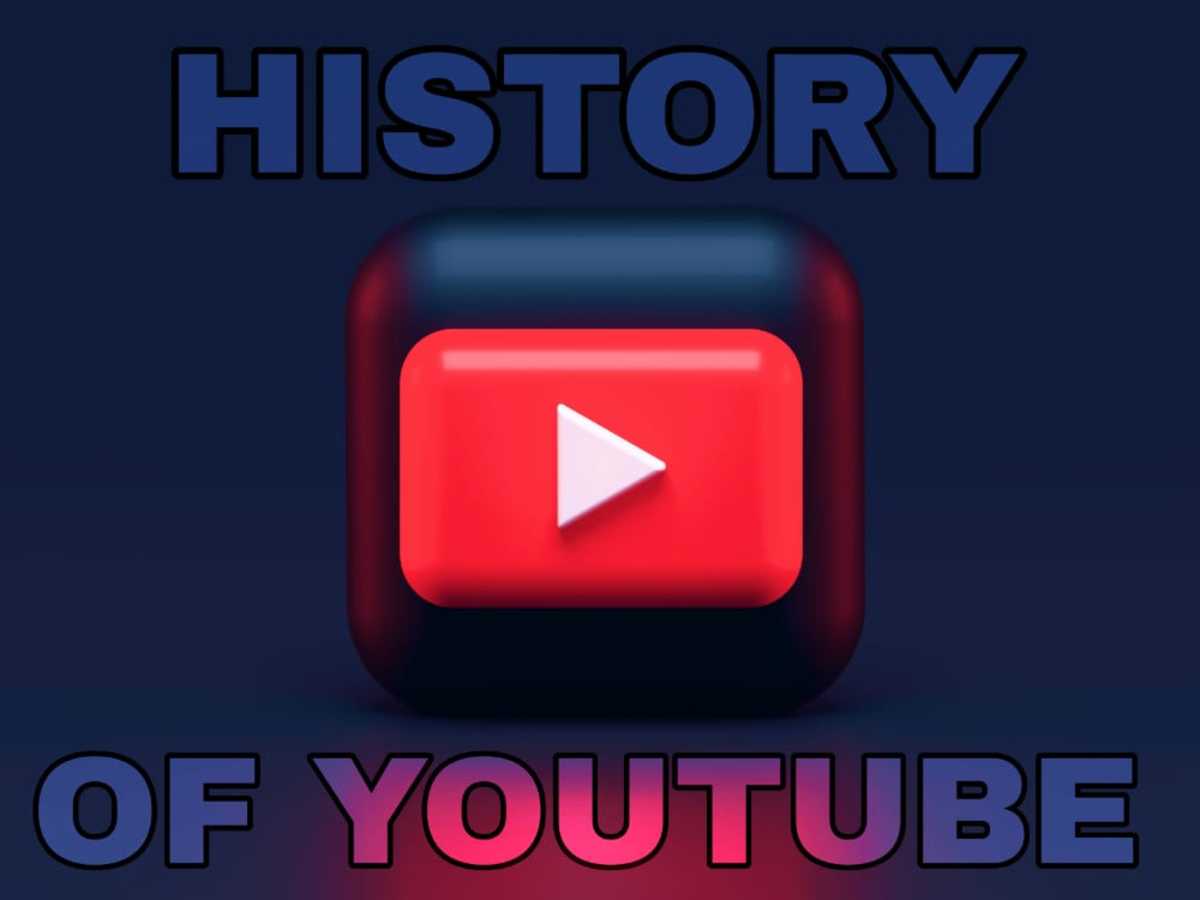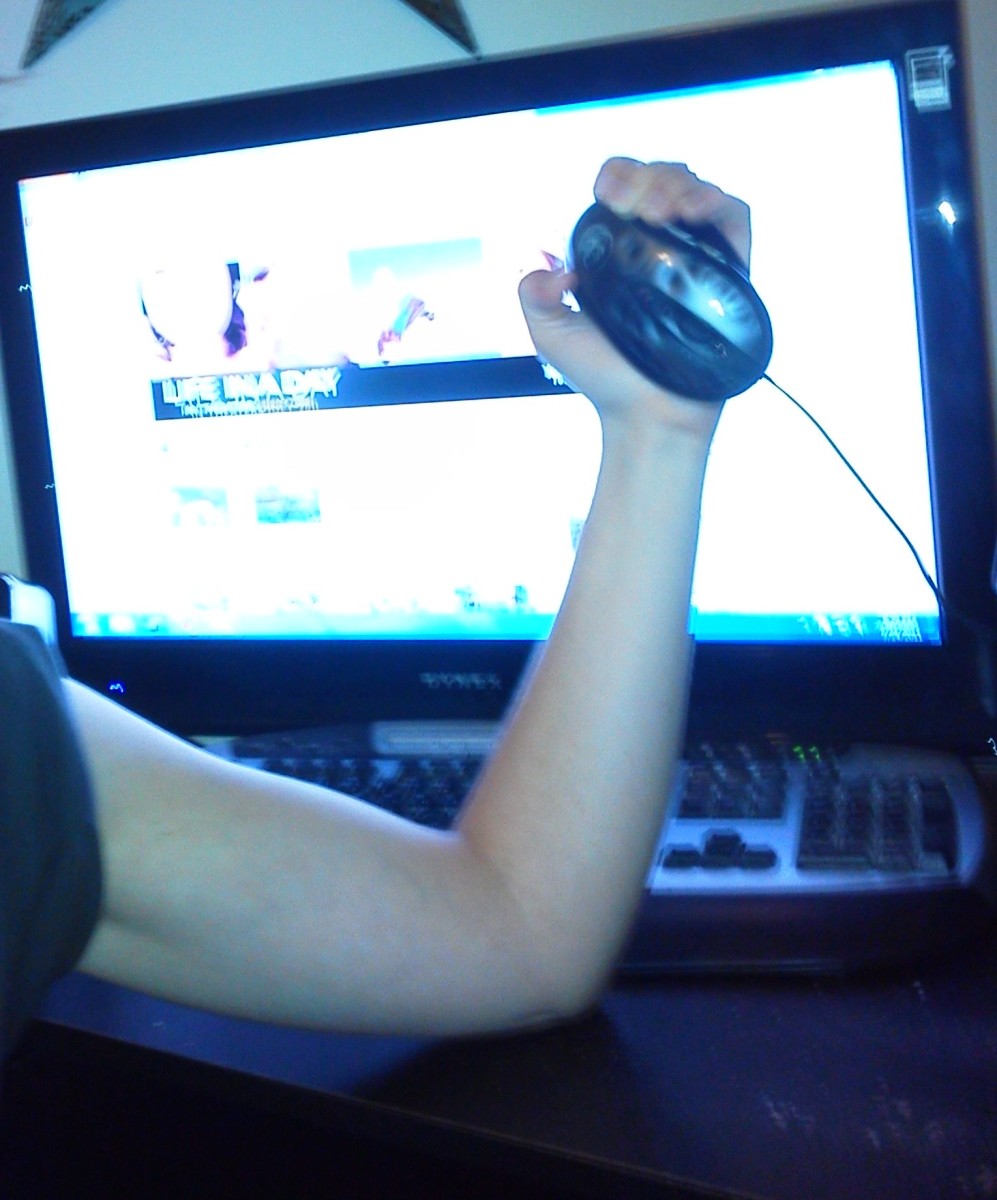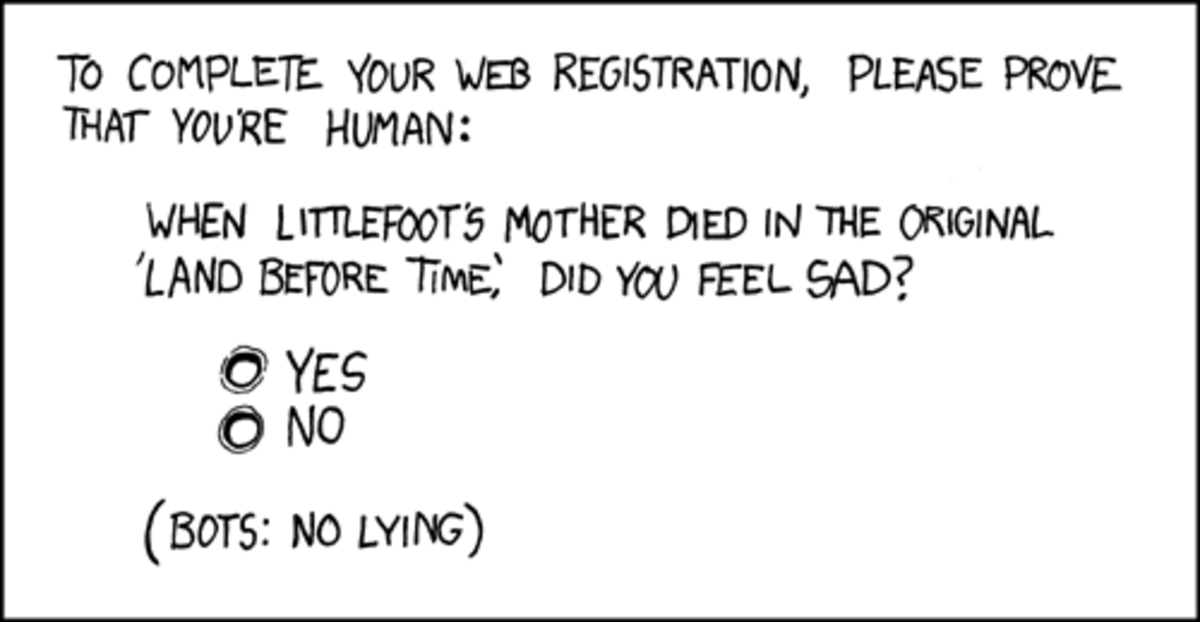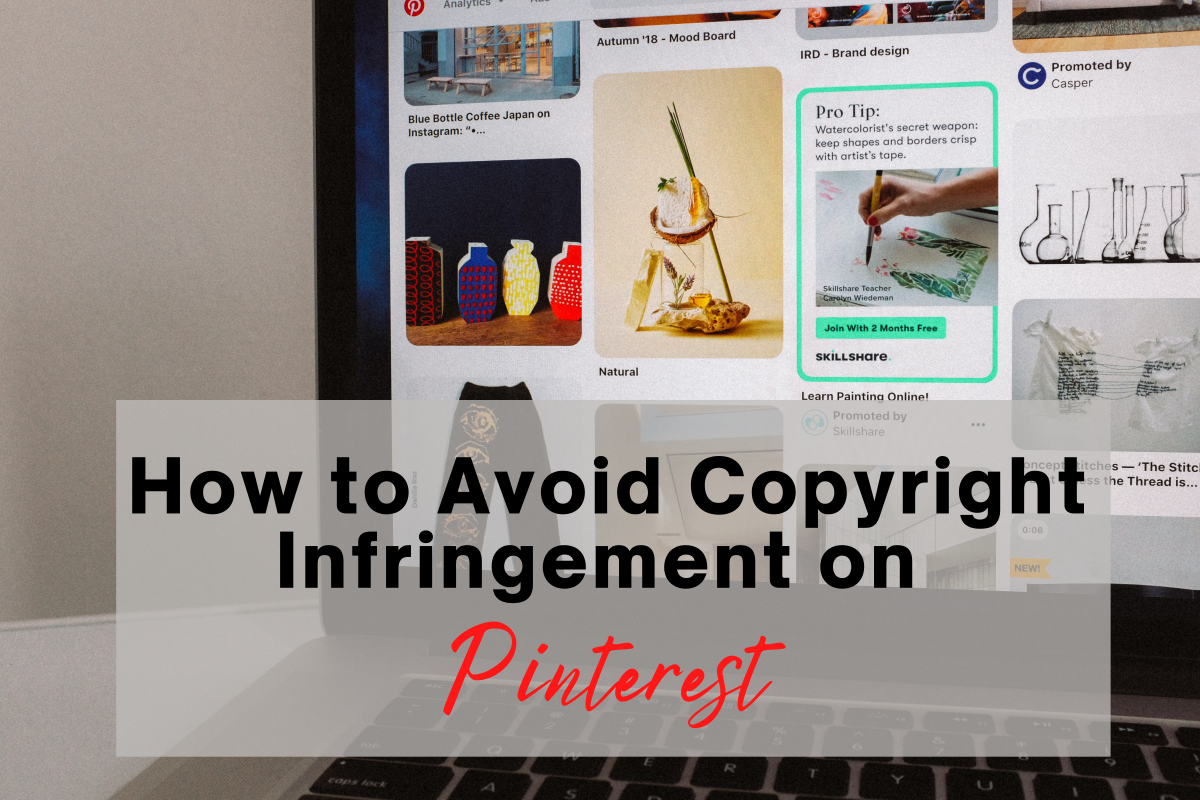- HubPages»
- Technology»
- Internet & the Web»
- Internet Trends & Culture
All About the Where's the Fair Use (#WTFU) Campaign
The First #WTFU Video
On February 16, 2016, Doug Walker released a video talking about fair use entitled "Where's the Fair Use". Mr. Walker is also known as the Nostalgia Critic, a character he portrays while reviewing movies and TV shows. The reviews usually involve using small portions of a work to make a point about it. Many other review shows, including Your Movie Sucks, Glass Reflections, and Angry Joe, use the same style of content in their work. The Nostalgia Critic has been a series since 2008 and Doug Walker has earned fame and fortune on it.
Doug Walker's video about fair use discusses what fair use is and how Youtube's copyright claims system can be abused to take down the users which make the website popular. After years of having to deal with incorrect or illegal claims, he started the Where's The Fair Use campaign to force Youtube to listen to their users. This campaign came with the delightfully offensive-sounding hashtag #WTFU.
Disclaimer
I am not a lawyer. I am not a law student. None of this content is intended to be taken as legal advice. There are people far more knowledgeable about Fair Use than I am, and I may have gotten some facts wrong. Please let me know if I made a mistake.
Is it Fair Use?
view quiz statisticsYoutube's Fair Use Mistakes
Youtube has had problems with their copyright system in the past. It is entirely automated, meaning humans rarely see copyright claims. Youtube states that this is because they have too many videos to go through in a day, and this is true. Sometimes a video gets caught in the crossfire.
One case of this is taking down a recording of Dr. William Fisher's lecture about copyright. His lecture talked about the problems involved with licencing copyrighted music. Despite him only using short clips of songs and being for an educational purpose, Sony asked for the video to be removed from public access. There was some loud public outcry, and the video was put back.
Fair Use is Hard to Master
Part of the issue is that people on both the copyright claimant and the reviewer involved in the fair use dispute may have a difficult time distinguishing what constitutes fair use. The only way to determine 100% if something is fair use is to take it to court. Otherwise, people have to go by case law to understand whether or not something is fair use.
In the United States, fair use is defined as:
Notwithstanding the provisions of sections 17 U.S.C. 106 and 17 U.S.C. 106A, the fair use of a copyrighted work ... for purposes such as criticism, comment, news reporting, teaching (including multiple copies for classroom use), scholarship, or research, is not an infringement of copyright.

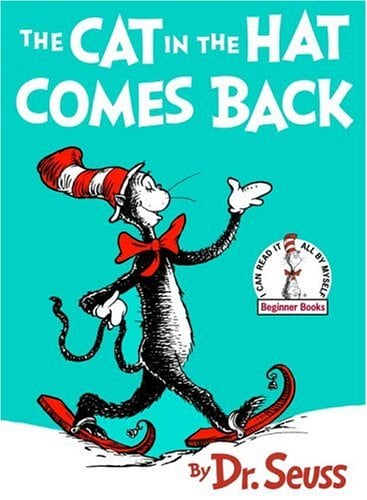
The part that says "Notwithstanding the provisions of sections 17 U.S.C. § 106 and 17 U.S.C. § 106A" is not that influential in regards to what is considered fair use. Section 17 U.S.C. § 106 states that the owners of a copyrighted work have the ability to do whatever they want with their copyrighted material, including making derivative works, performing it, or transmit it digitally. Section 106A discusses how someone can become the owner of a copyrighted work, how they can remove their name from a copyrighted work, and how ownership can be transferred.
In regards to fair use, these sections help to define who can claim something is or is not fair use. Any person could say that a parody of something is not fair use, but unless they happen to own the work, it won't matter. People who do own copyrighted works can take legal action if they think a work is being used without permission. If a person who was not the copyright holder tried to sue for copyright infringement, the case would be kicked out of court. This was proven in Universal Studios v. Nintendo, in which Donkey Kong was said to be similar to King Kong. Lawyer Jack Kirby found that not only did Universal not own the rights to King Kong, a character they said they had owned, but the game they had created using the King Kong name was violating Nintendo's copyright for Donkey Kong.
The definition of fair use appears to be simple in theory. In practice, it can become more difficult to understand. Take the case of an author utilising the style of Dr. Seuss to talk about the O. J. Simpson trial in the book The Cat is NOT in the Hat. The use of Dr. Seuss's style was proven to be satire, not a parody. The style did not add anything to the book's commentary.
A Work Youtube has Demonstrated to be Transformative
There are other cases where people might expect something to be considered copyright infringement when it is not. Take the case of the video on the right, entitled Donald Duck Meets Glenn Beck in Right Wing Radio Duck. It uses a variety of short Disney cartoons in conjunction with reports by Glenn Beck. The material was altered in a variety of ways, including changing text and remixing audio. This allowed the work to be transformative enough that is was considered Fair Use despite the fact the creator of the video did none of the animation in the video. The creator, Jonathan McIntosh, has made other videos of a similar nature. He stated that Right Wing Radio Duck took about three months to make.
Frustrations Come To A Head
Youtube promised their years of copyright abuse would change. They altered their page about fair use to show three examples of fair use. One was Right Wing Radio Duck, the second was Asiana to Sue KTVU for Broadcasting Fake, Racist Pilot Names by TheRunListChannel, which featured news reporting, and the third was Drake of the 99 Dragons - ProJared by ProJared, which featured critique and commentary.
They also defended a few Fair Use cases, like Konami vs. George Wiedman. In these cases, the copyright holders did not properly fill out why they thought the video was infringing on their copyright. These actions seemed to indicate that Youtube actually cared about their creators and the fair use rights they were entitled to under the law.
In the beginning of 2016, people on Youtube began to notice there were even more copyright-related takedowns than normal. Content creators were getting hit with takedown notices almost daily. Some of these people had their channels taken down because of videos that were fair use. Others could not make money off of their videos or were restricted in terms of what they could create. They were beginning to get tired of constantly fighting, so they put together their #WTFU campaign.
Calling Out Copyright ID
The problem they were most concerned with was the Copyright ID system. This is an automated system with a bank of millions of copyrighted video and audio clips that will flag any videos that contain their copyrighted work. It is used to take down, mute, or block monetization on videos that pirate music or videos. It is also designed to take notice of the partial use of works and works that have been altered slightly in an attempt to get around the Copyright ID system. Unfortunately, the fact that no human actually looks at the videos Copyright ID flags means videos that are fair use get caught in the crossfire.
The appeals process is not handled by Youtube. Instead, it is handled by the people who filed the copyright claim. If they decide that the video is not considered fair use, they can take it down forever. If the video is considered fair use, it can be flagged again later by other groups. The fact that the Youtube Copyright ID system allows copyright holders to determine whether or not the videos are fair use has questionable legal logic.
This ignores the fact that anybody can file a copyright claim. There are companies that only file copyright takedowns on Youtube, including a company called Music Publishing Rights Collecting Society. They have become infamous for claiming videos that they do not actually have the rights to and monetizing the videos. In February of 2013, Techdirt stated that their mission statement, as stated on their company Facebook page, was to "file copyright claims so that ads will be placed onto certain videos, and we will be able to make money off of them." As of March 8th, 2016, their Facebook page still says that, and in their product page it states "We didn't make the music ourselves, but nonetheless we can still make money from it." They were not hiding the fact that they had absolutely no legal case to claim music.
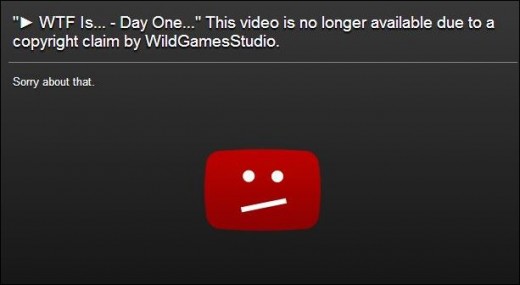
Possible Solutions to Copyright Issues
Changing Youtube's copyright system will be difficult because of just how many videos Youtube has to deal with. The Youtube vs. Viacom lawsuit made sure that Youtube would always have to monitor their videos somehow, but they need to do more than they are currently doing in order to fix the current problems.
The issue of people claiming videos they do not own could be solved in part by making claimants have an account on Youtube. If the claimants have too many videos that are considered Fair Use, they can have their rights to file takedowns suspended or permanently revoked. Youtube's system could also change the claimants claiming capabilities so that they would have to file a DMCA takedown notice instead of a Youtube takedown notice. A Youtube takedown is not an official legal document, but a DMCA takedown is.
Another issue with a logical solution is the problem of what happens to money Youtube videos make during a copyright dispute. The solution should be to hold the money in an escrow account until the claim is resolved. That way videos incorrectly flagged as being infringing can still make their creators money.
Who should Youtube's Copyright system favour?
#WTFU, Youtube?
The unfortunate reality of the internet age is that there will always be people who attempt to use popular systems to abuse copyright. People who pirate software on Youtube already crop, flip, and alter the pitch of audio to until their video is almost unrecognisable. It is possible that if fair use rules are altered, some people may pretend to report, remix, or review copyrighted content in an attempt to get past the rules. It's a neverending cycle, and there will always be issues that slip through the cracks. The ideal system is impossible to implement. The best thing that Youtube can do is attempt to make its cracks as small as possible.
Will #WTFU work? Only time will tell.

